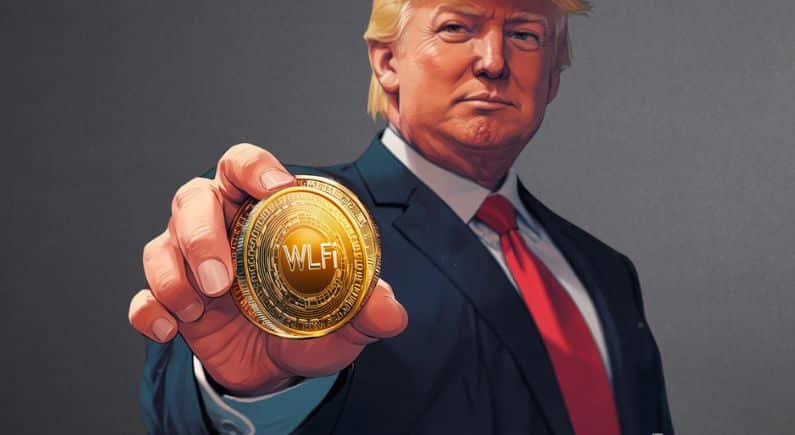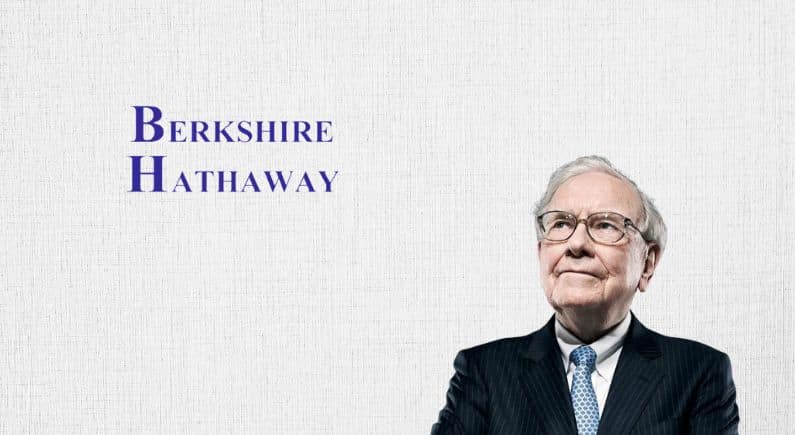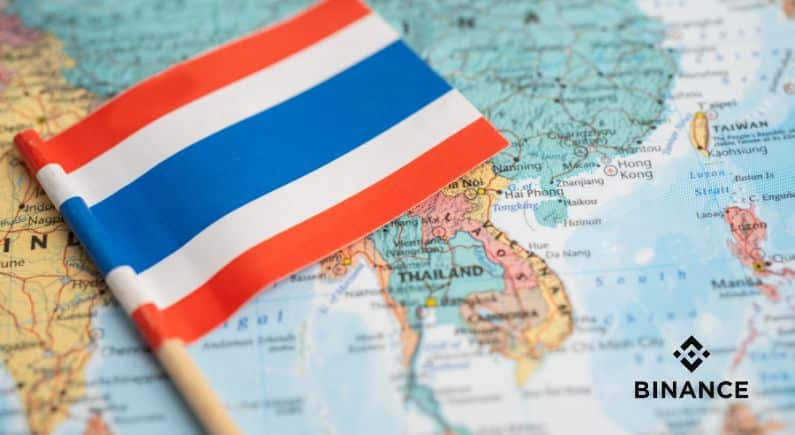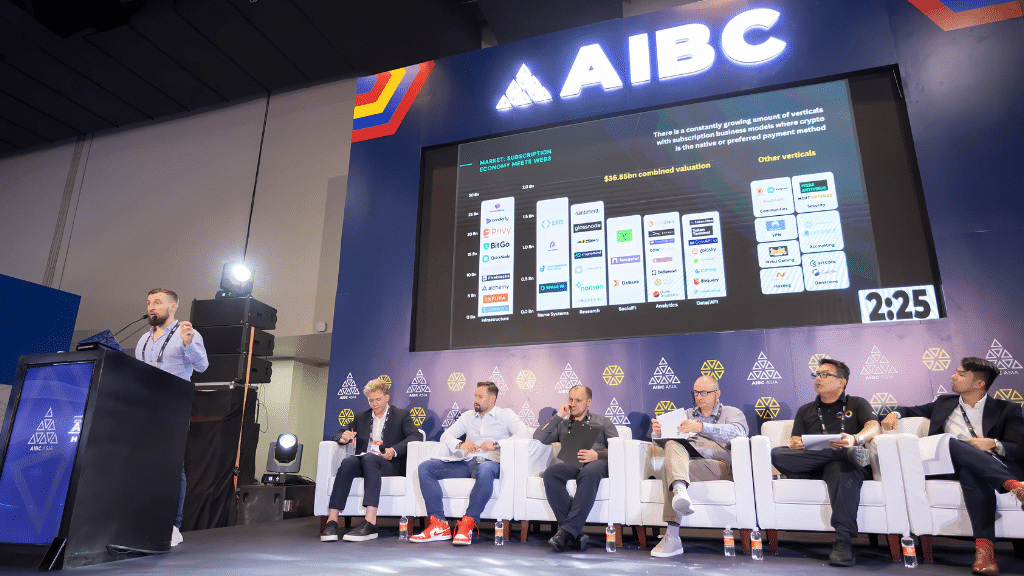How the MENA region is becoming a hotspot for crypto and blockchain funding

The Middle East and North Africa (MENA) region is witnessing a surge of activity in the crypto and blockchain space, driven by a combination of factors such as government support, market potential, talent attraction and innovation.
During AIBC Eurasia this morning taking place in Dubai, some of the main trends and challenges that are shaping the MENA crypto and blockchain ecosystem were explored based on the insights from a panel discussion.
Government support and regulation
One of the key drivers of the crypto and blockchain growth in the MENA region is the proactive and supportive role of the governments, especially in the UAE and Saudi Arabia. These countries have launched various initiatives to expand the development of the sector, such as free zones, regulatory sandboxes, fiscal stimulus, government subsidies to match funds and public-private partnerships.
For instance, the Dubai International Financial Centre (DIFC) is the largest fintech and innovation ecosystem in the MENA region, accounting for over 60 per cent of all those in the region. Through the DIFC Innovation Hub, fintechs have a growth platform that includes access to capital, infrastructure, regulation and talent. The DIFC also offers an Innovation Testing License (ITL) that allows fintechs to test their solutions in a sandbox environment before applying for a full licence.
Another example is the Saudi Arabian Monetary Authority (SAMA), which has launched a regulatory sandbox for fintechs to experiment with new products and services in a controlled environment. SAMA also matches all investments made by venture capitalists in fintech startups in the country, up to a maximum of $13.3 million per startup.
The MENA region is also showing strong openness to crypto, with UAE and Bahrain leading the way in crypto adoption and regulation. UAE is home to more than 60 per cent of the crypto startups in the region, and has issued licences to several crypto exchanges, such as BitOasis, Rain and Bitex. Bahrain has also granted licences to crypto platforms, such as Rain and CoinMENA, and has introduced a comprehensive regulatory framework for crypto assets.
Market potential and innovation
Another factor that contributes to the crypto and blockchain boom in the MENA region is the huge market potential and the lack of established financial institutions. Compared to mature markets, such as the US and Europe, 67 per cent of the adult population in the MENA region are either underbanked or unbanked, 136 million adults. This creates a huge opportunity for fintechs to offer alternative and inclusive financial solutions, such as digital wallets, remittances, lending and payments.
At the same time, the MENA region demographics offer huge opportunities. More than 60 percent of the population is under the age of 30, compared to one-third in Europe. MENA’s population is also extremely tech-savvy and ready to embrace new digital technologies. In UAE, for instance, already more than 50 per cent of the population uses digital wallets.
The MENA region is also home to some of the most innovative and disruptive crypto and blockchain projects in the world, such as Biconomy, a local project that grew the most in different protocols, such as Ethereum, Polygon and Binance Smart Chain. Biconomy is a platform that simplifies the user experience of decentralized applications (dApps) by enabling gasless transactions, meta transactions and relayer networks5.
Another example is Foodics, a Saudi Arabia-based cloud-based technology and payments platform for restaurants, that raised $20 million in a Series B round led by Sanabil Investments and STV. Foodics offers a point-of-sale system that integrates with various payment methods, including crypto, and enables merchants to accept digital currencies such as Bitcoin, Ethereum and Ripple.
Talent attraction and challenges
The MENA region is also attracting a lot of talent from around the world, especially in the crypto and blockchain space. Many Europeans discovered Dubai during the Covid-19 pandemic and decided to stay there, attracted by the favourable weather, lifestyle and business opportunities. Dubai has the reputation of being a serious player in the crypto and blockchain space, and has been very welcoming to both founders and investors.
However, the region also faces some challenges that need to be addressed in order to sustain and accelerate its growth. One of the challenges is the cost of living in Dubai, which is high and not affordable for many developers and entrepreneurs1. Another challenge is the lack of crypto-friendly banks and banking partners, which makes it difficult to take money out in crypto or convert crypto to fiat.
Moreover, the region still needs to improve its regulatory clarity and consistency, as different countries have different rules and standards for crypto and blockchain4. For instance, while UAE and Bahrain have been progressive and supportive of crypto, other countries such as Egypt and Algeria have banned or restricted the use of crypto.
Conclusion by expert panel
The expert panel concluded that the MENA region is becoming a hotspot for crypto and blockchain ventures and startups, thanks to a combination of factors such as government support, market potential, talent attraction and innovation. The region has witnessed a surge of activity and investment in the sector, and has produced some of the most innovative and disruptive projects in the world.
However, they identified that the region also faces some challenges that need to be overcome, such as cost of living, banking access and regulatory clarity.
The future of crypto and blockchain in the MENA region looks bright and promising, as the region continues to embrace and leverage the transformative potential of these technologies.
The AIBC Eurasia panel was moderated by Mary Pedlar, Founder of Input Communications Agency (photo above, first right). The expert panellists were: Danilo S Carlucci, Founder and CEO, 37xDubai, (photo second left), Anton Golub, Venture Partner- Full Stack VC (photo above, first right), and Paula Tavangar, Partner & CIO, Injaz Capital (photo above, second left).
Stop Press – AIBC Eurasia takes place in Dubai 25 – 27 February !
AIBC Africa takes place in Cape Town between 11-13 March !









